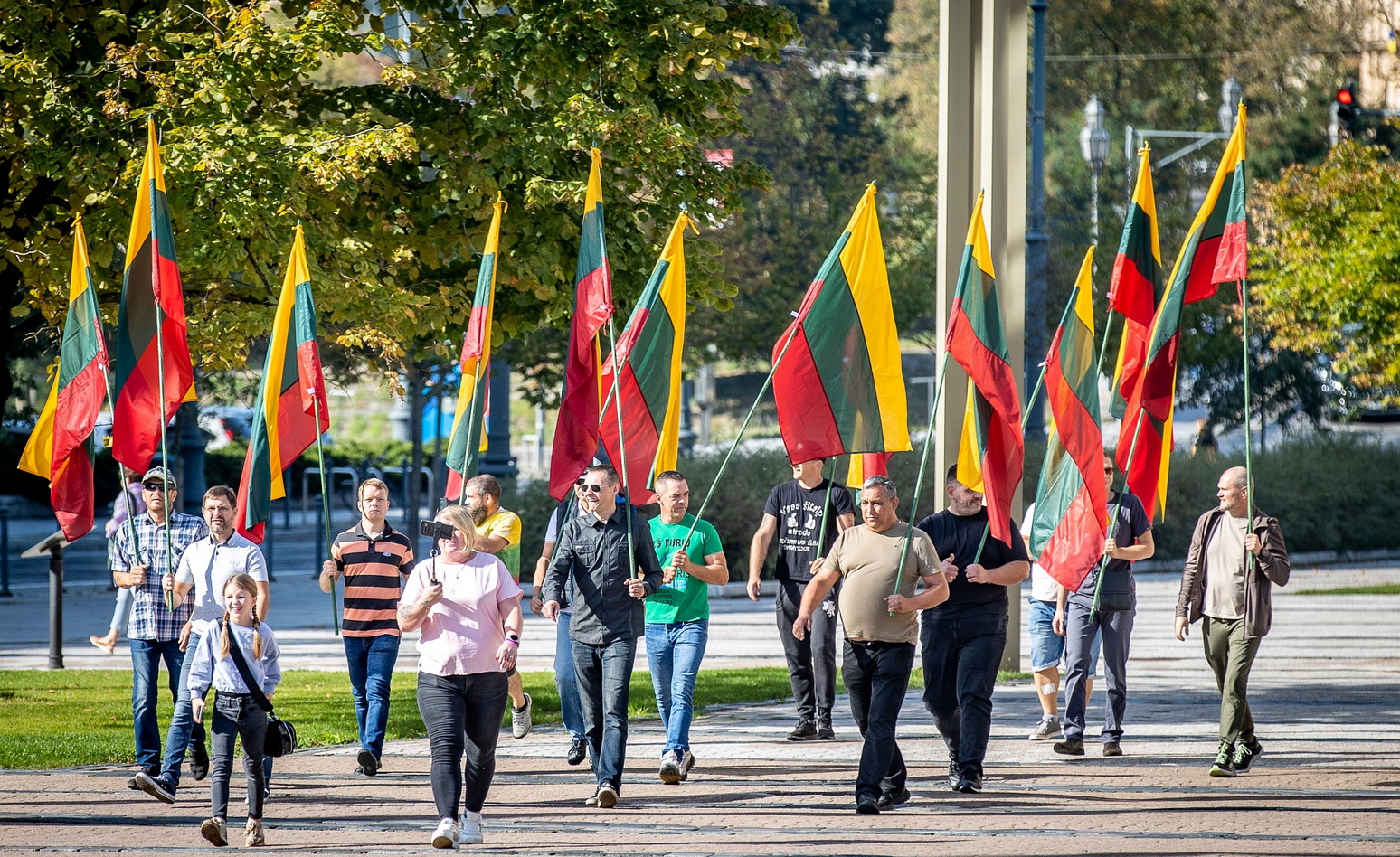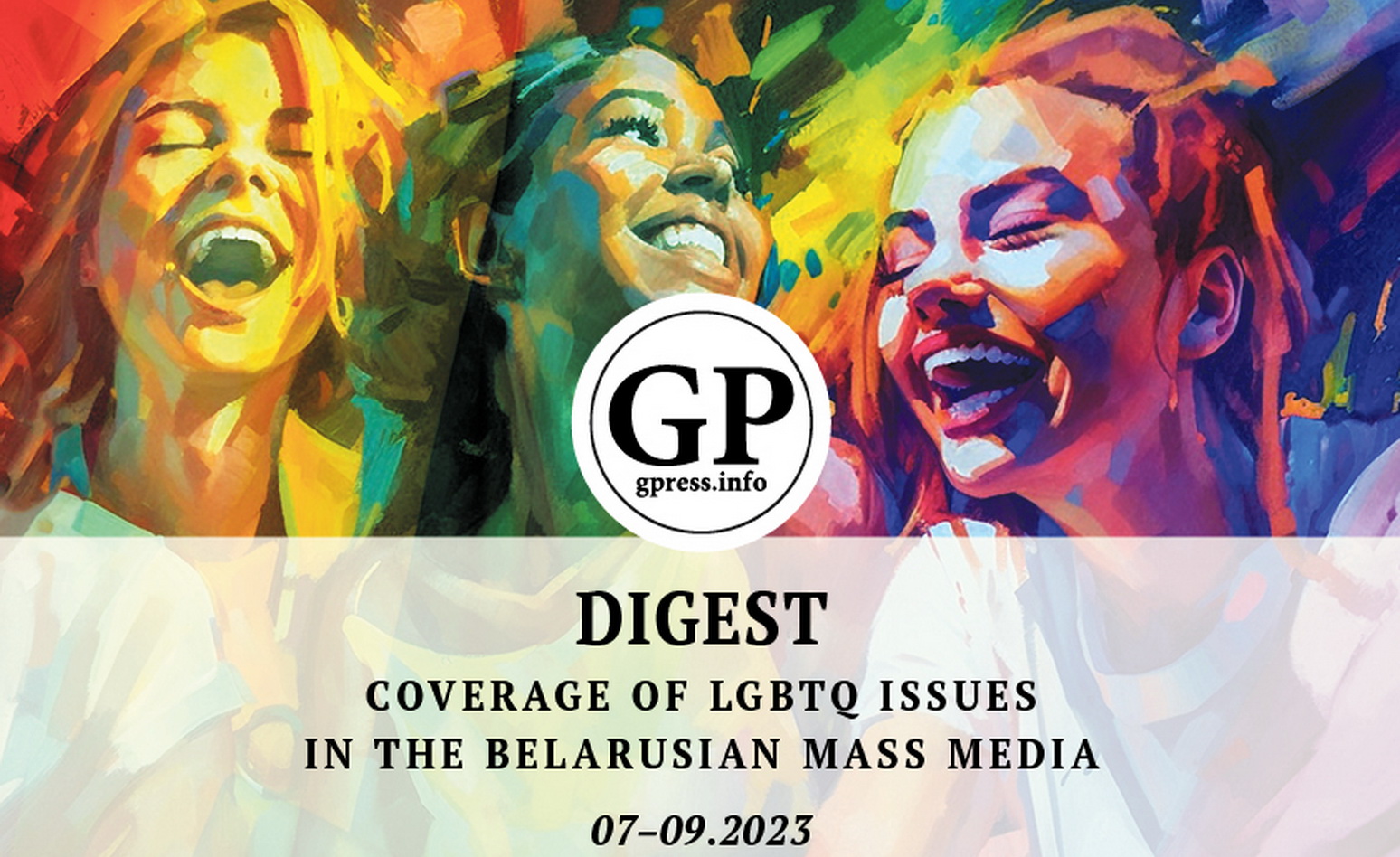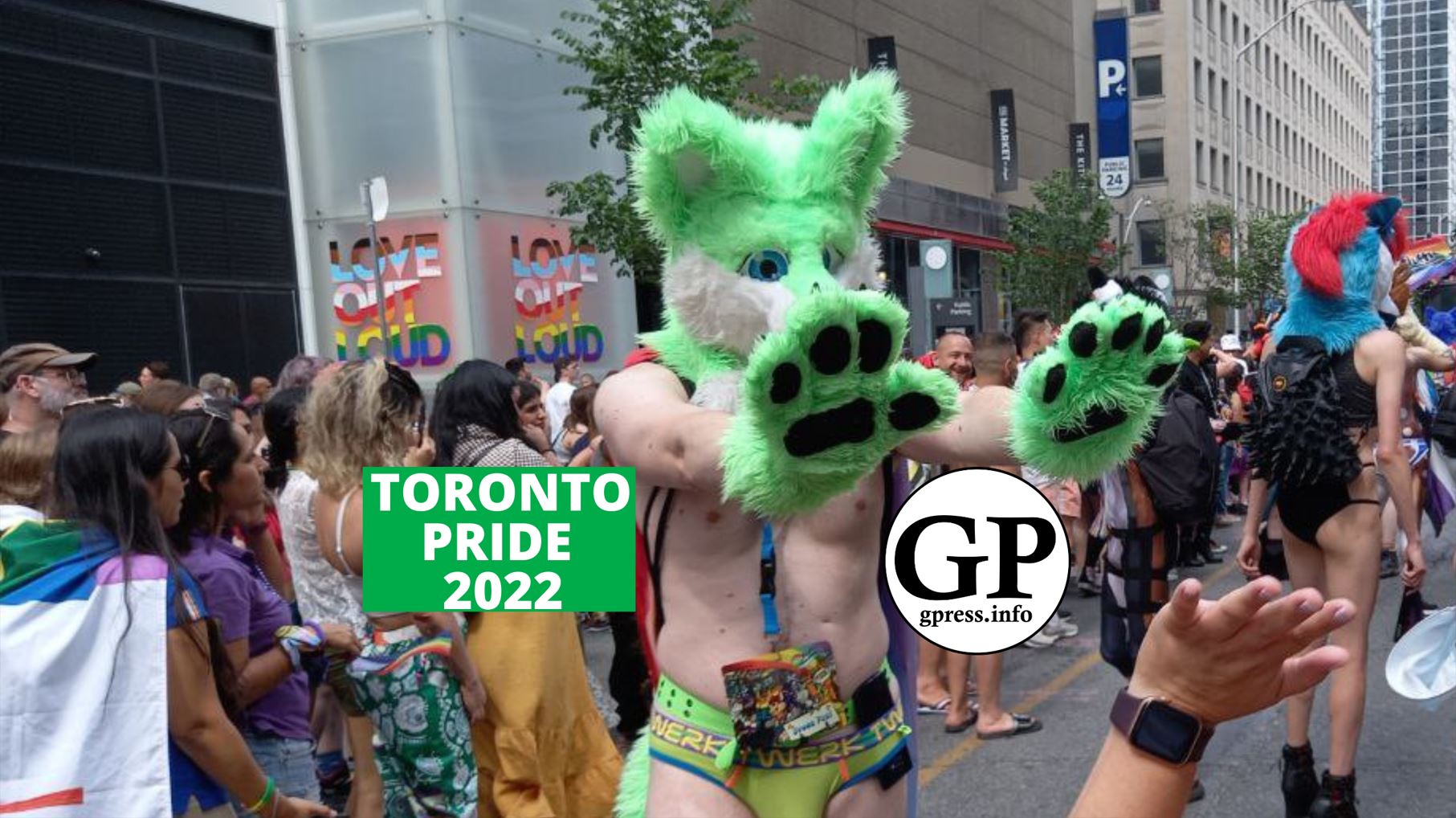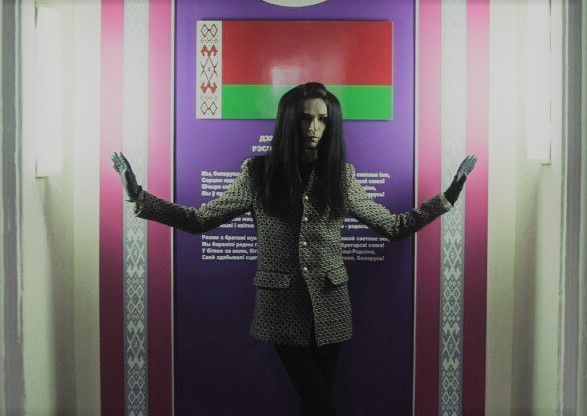
Historic perspective on LGBT/Queer in Belarus: interview with Uladzimir Valodzin
In Soviet times, gay people were persecuted, jailed and sent to psychiatric hospitals. Unfortunately, researchers in former USSR states have little to say about this part of history, and while society is gaining freedom, it remains extremely difficult to carry out such studies in Belarus. Uladzimir Valodzin, author of the study “Queer history of Belarus in the second half of the 20th century”, says that to gain permission for archive work, historians must make quite creative requests.
Does Belarus have scholars who officially work in the field of gender or queer studies?
Yes. In 1997, the European Humanitarian University (EHU) in Minsk established a Gender Studies Center, which opened its Master’s program in 2000. Unfortunately, the university closed only four years later, and since 2005, it has operated in Vilnius.
The best-known gender researchers in Belarus are Elena Gapova, Almira Usmanova and Nadzeya Husakouskaya, but many other people are involved with the Gender Studies Center. While the center does teach queer theory, I haven’t heard of anybody considering themselves queer researchers. This could be my misunderstanding. I see a lot of queer activists, but not researchers.
An annual gender studies conference is held at the International Congress of Belarusian Studies. For six years, the Congress was held in Kaunas, but this year, the event will take place in Warsaw. This program, organized by Iryna Salamacina, is rather strange as it’s isolated from both the rest of the Congress and the Gender Studies Center, but it is the only regular Belarusian gender studies conference.
Three more Belarusian historians research the history of sexuality. Unfortunately, they are rather conservative, so their research does not relate to gender studies or queer theory. Natalia Sliž wrote a book on marital and non-marital relations between the aristocracy of the Grand Duchy of Lithuania in the 16th and 17th centuries. Aliaksandr Huzhalovsky explores the sexual revolution of the 30s in the Belarusian Soviet Socialist Republic. Tacciana Varonič writes about the history of prostitution in the late 19th and early 20th century.
What are the main obstacles to researching LGBT+/queer history in Belarus?
Limited access to archives – unfortunately, police and secret service archives are barred entirely to researchers. Even in public archives, some things are kept secret, for example, criminal statistics since 1961. Psychiatric hospitals’ data are also kept secret.
But the biggest obstacle is reluctance to speak. Older members of the LGBT+ community won’t open up – they have little contact, if any, with current activists. When I conduct oral history interviews, I promise complete anonymity, but it doesn’t help much.
When you were in Vilnius, you said that you had to replace the words “LGBT+/queer” with “marginalized social groups” in order to start the study. Why?
I was filling out an application to work in the archives. Each scholar must indicate their topic of research (this is the case in any country), but Belarusian archivists may deny access to sources that they feel are not related to the topic. Thus, historians, in order to get acquainted with an array of documents, must declare very broad topics spanning a long time period.
One Russian historian I know, whose name I can’t reveal, tried to get permission to see gay men’s lawsuits in the National Archives of Belarus. He was dropped and prevented from working with any documents.
It’s not just those studying queer history who must carefully formulate their requests – anyone trying to investigate any kind of Soviet repression will face the same problem. Therefore, a researcher may have to write something like “Social history of a certain period in Belarus” on their application.
Your study examines the period from 1945 to the beginning of the 21st century. Who were some prominent LGBT+ advocates? What sanctions were taken against them? I heard that one activist, after organizing a Pride march, emigrated to Sweden.
His name is Siarhei Androsienko – he organized LGBT+ marches from 2009-2012.
The most prominent figure in LGBT+ advocacy from the late 20th to early 21st century was Edvard Tarletsky. He was the director of the Belarusian Lambda League. Authorities never officially recognized this organization, but the magazine Forum Lambda, published by its members, was registered and legally printed for a few years (1998-2002.)
Pride was treated like any other demonstration – most of them were banned and shut down by police. In this sense, the Belarusian authorities don’t discriminate – they prohibit everything that moves.
Homosexuality was decriminalized in Belarus in 1994. What has been achieved since then?
In the legal sense? Nothing. But we haven’t lost anything, either. Belarusian law contains no provisions against hate crimes or workplace discrimination on the grounds of sexual orientation. Nobody is talking about partnership for same-sex couples. Some amendments were made on gender reassignment, but I can’t tell you whether or not this went well – you’d have to ask other people.
In terms of community engagement, though, we’ve made great progress. Nightclubs and websites have come and gone, film screenings have been organized, books and magazines have been published, Prides and other cultural events have taken place more or less successfully, people have come out. Overall, Belarusian society is much more accepting of gay people than it was 23 years ago.
The queer/LGBT+ organizations I know are registered as cultural movements. Are there any political organizations of this kind?
No, it’s still not possible to register as such. The MAKEOUT website is quite relevant, they organize regular film screenings and discussions, and sometimes other events such as meetings with foreign activists.
DOTYK began as a festival, but they’re now trying to create a permanent queer space in Minsk to serve as a community center and event venue. We’ll see how this works out for them.
A group of Belarusian LGBT+ journalists has also emerged in the country. They not only maintain a website, but work with the media to strive to establish a culture of tolerance and to stop hate speech.
During your aforementioned talk [in Vilnius], you mentioned an organization working with HIV-positive people in Belarus. What is it called, and what exactly does it do?
This organization, which works with HIV/AIDS prevention among men who have sex with men, is called Vstrecha (“Meeting”). It was officially registered in 2004, but operated as an initiative before that.
It provides condoms, lube and literature on safe sex. Vstrecha also provides psychological counselling and anonymous tests for HIV and other sexually transmitted diseases.
What threats does Vstrecha face?
The Belarusian police and secret service are trying to obtain the organization’s data – they want a list of men who have sex with men. As long as the organization is funded by the Global Fund to Fight AIDS, Tuberculosis and Malaria, the police will not receive this information as the fund guarantees the anonymity of its clients. But it plans to cut funding for programs in Belarus from 2019, as our country is fairly well-off, and funds are needed more for AIDS prevention in Africa. Activists question whether the state will continue to guarantee free services, much less anonymity.
LGBT+ activists visiting Belarus have noted that there are no queer role models for youth, but they are very inspired by the queer culture, which is not quite mainstream, but makes one feel like part of the community. What do you think of this?
I’m not young, I don’t know what kind of person should set an example for teenagers. However, there are gay figures that have been outed to the public. Well, the most famous have emigrated, but I have some in mind who occasionally visit Belarus.
For example, Viachaslau Bortnik, who now resides in Washington, was the first Belarusian to openly marry a same-sex partner. Of course, there were others before him, but Bortnik made his marriage an event that attracted media attention.
Uladzislau Ivanou (who lives in Vilnius and teaches at EHU) published a collection of queer short stories under his pen name Uladzislau Harbacki. He is a well-known Belarusian intellectual. Why not call him an example?
Unfortunately, I can’t think of any famous lesbians, but I guarantee that more women than men are currently involved in activism, many of whom are also worthy of being called examples for youth.
This article is produced and published with the support of the Nordic Council of Ministers, under the project “Sharing Expertise and Fostering LGBT Human Rights in Belarus”.





